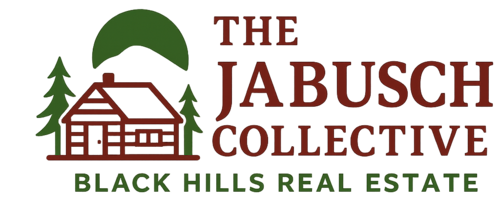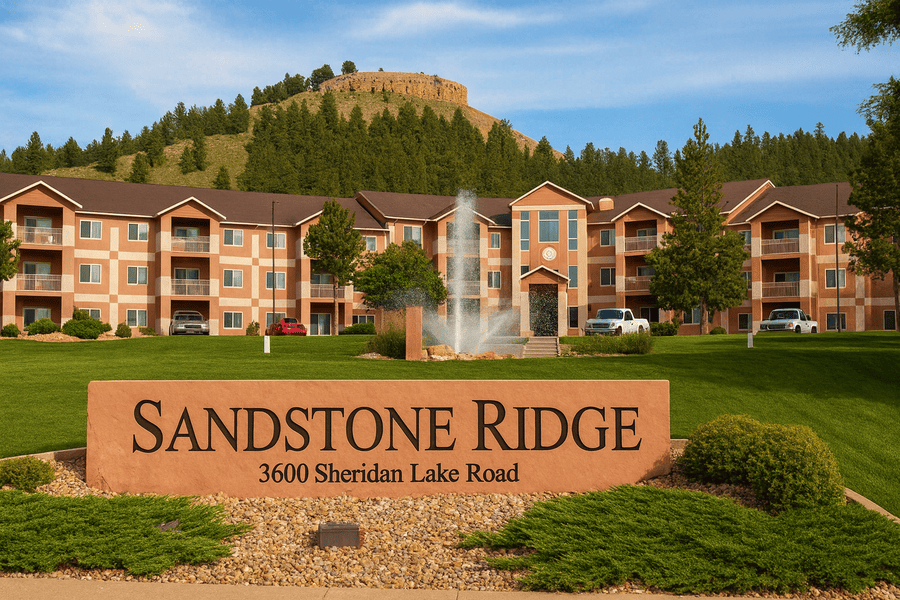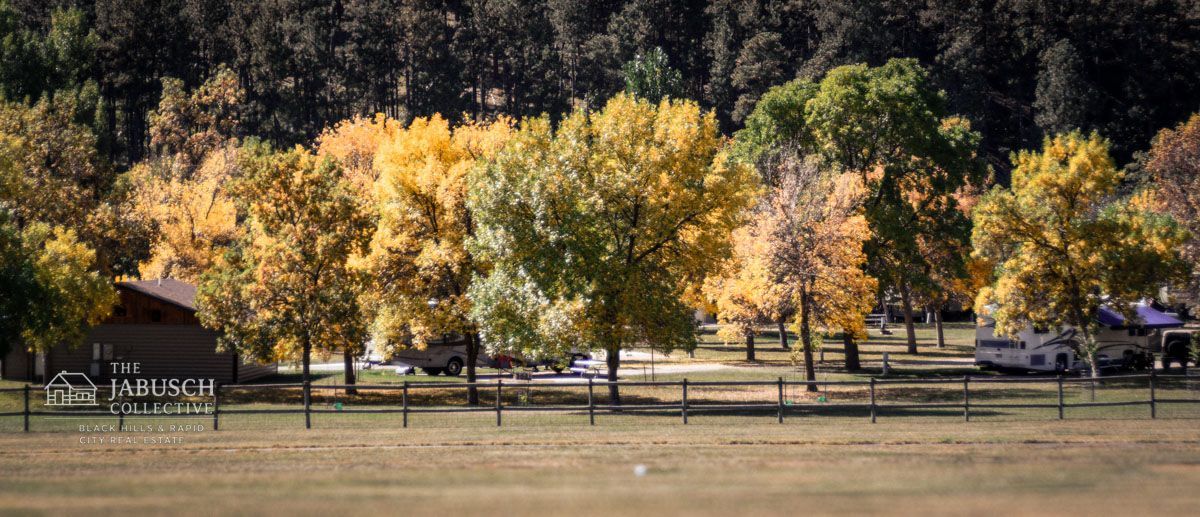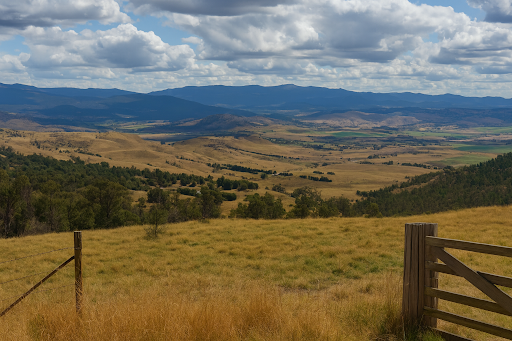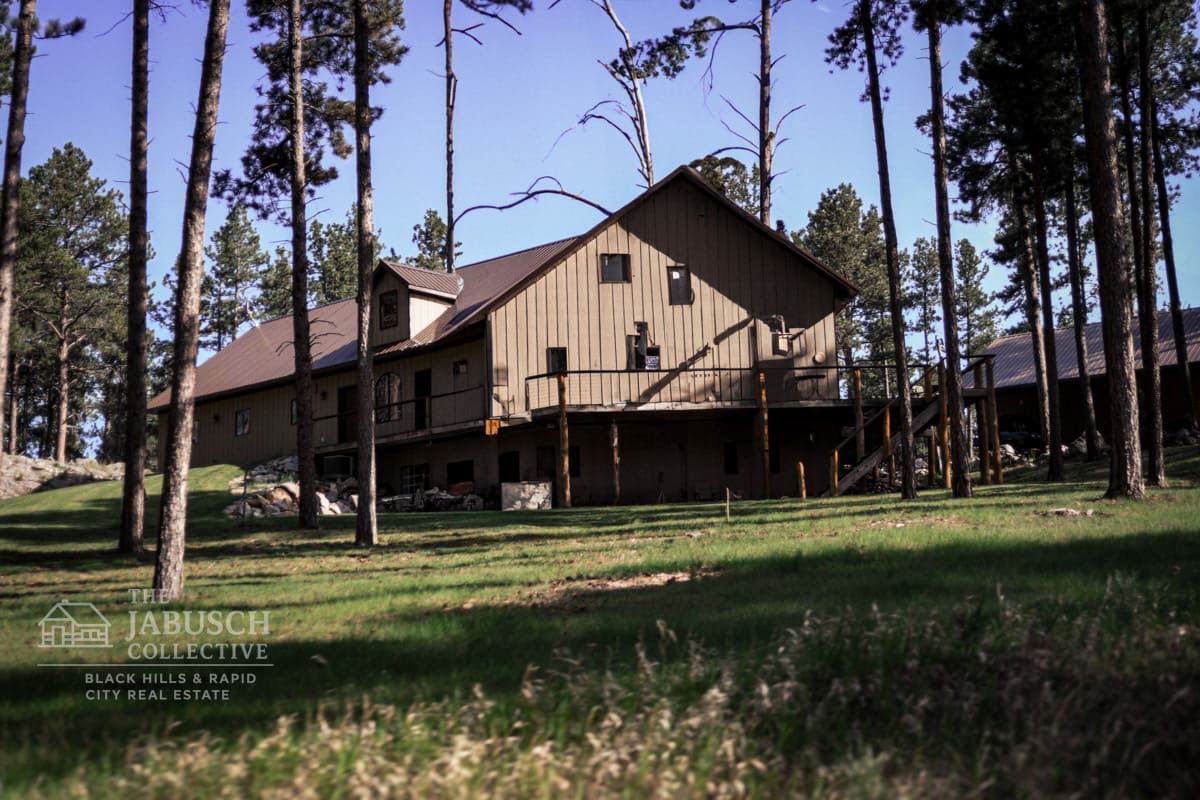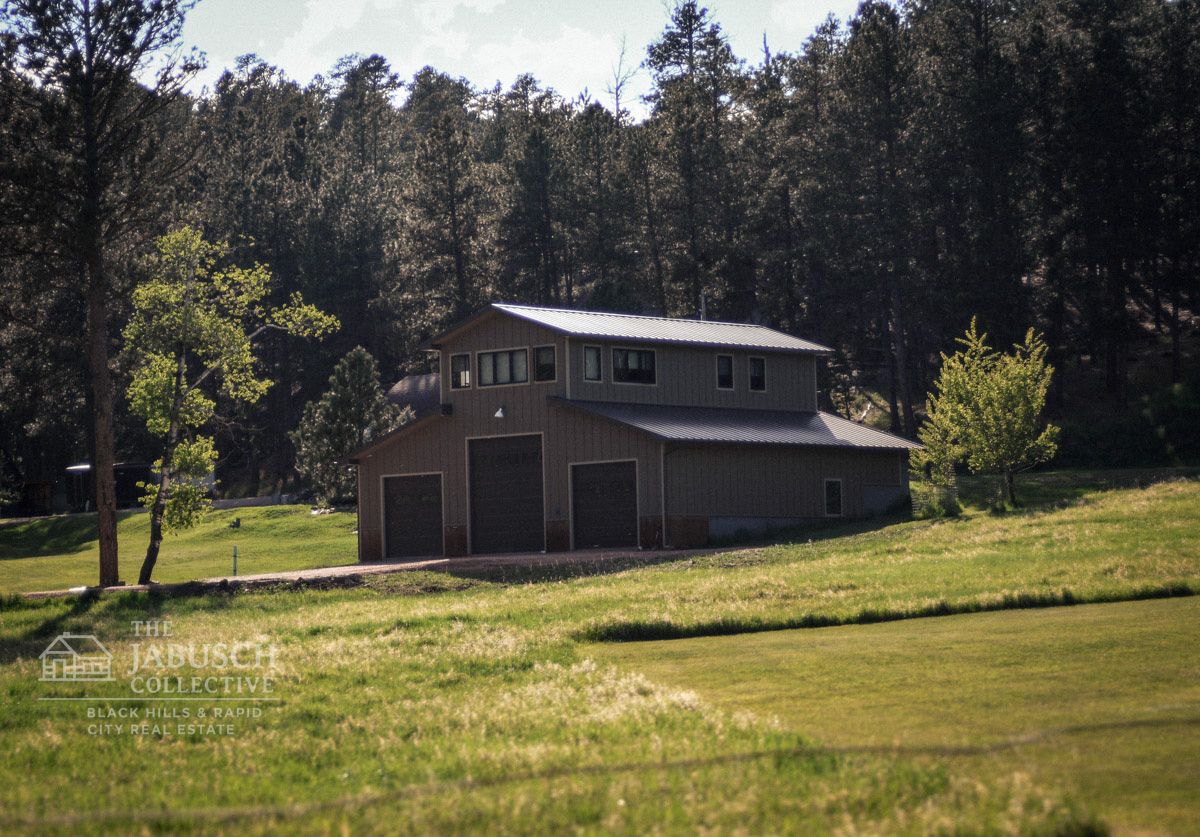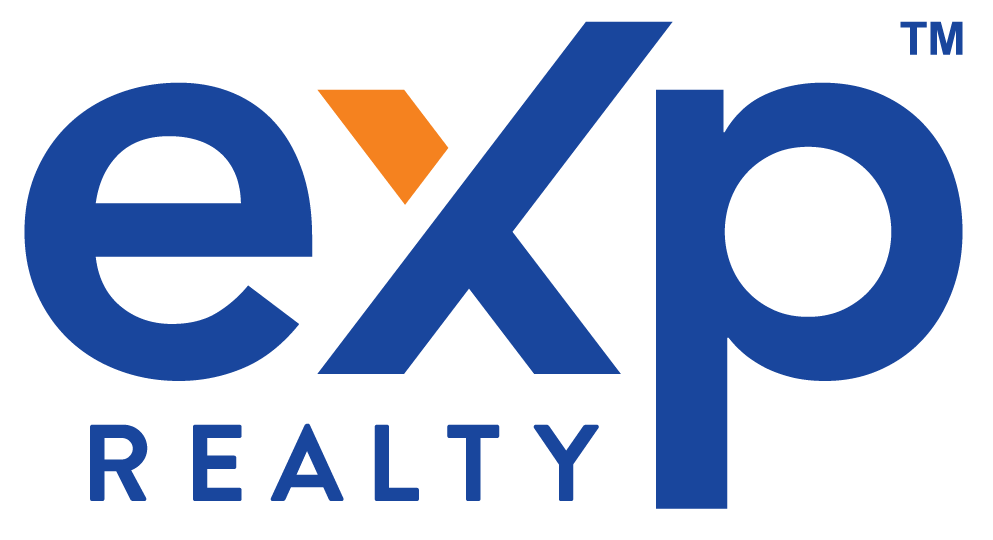The Basics – What Sellers Typically Pay
When selling a home, most people focus on what they’ll walk away with after closing. But before you see that final number, there are a few key expenses that every seller should plan for. The largest is the
agent commission, which in the Black Hills usually ranges between 5% and 6% of the sale price. While this may seem like a lot at first glance, it covers professional marketing, photography, listing services, negotiations, and the network that gets your home sold.
In addition to commission, sellers are responsible for
closing costs, which often include title transfer fees, prorated property taxes, and occasionally a portion of the buyer’s closing expenses if negotiated. In South Dakota, seller closing costs usually range between 1% and 3% of the sale price.
There may also be smaller costs, such as
repairs requested after inspection, home warranty coverage (sometimes offered to sweeten the deal), and staging or cleaning. While these vary from home to home, they are worth preparing for so you’re not caught off guard once you have an offer in hand.
The bottom line? Selling has upfront costs—but if handled correctly by
a team like ours, they’re an investment that can maximize your net proceeds.
Black Hills–Specific Seller Costs
Every market has its quirks, and the Black Hills is no exception. Sellers here often face a few unique expenses that don’t always show up in other areas.
One common factor is
the preparation of rural properties. If your home has a private well or septic system, buyers’ lenders will typically require inspections before closing. Sellers are often the ones to arrange (and sometimes pay for) these, which can run several hundred dollars each.
In addition, many homes in the Hills are on
acreage, which means presentation matters. Clearing brush, repairing fencing, or grading a driveway can go a long way toward making your property market-ready. While optional, these investments often help your home stand out in a competitive market.
HOA-managed neighborhoods may also require
transfer fees when a property changes ownership. These fees vary depending on the association, but they’re another cost sellers should check on early in the process. The key is knowing which costs are worth covering and which aren’t. With the right strategy, you can keep expenses lean while still making your property shine.
How to Net More From Your Sale
The best way to protect your bottom line is by focusing on strategies that boost your sale price while controlling costs. A professional
pricing strategy is the first step. Overpricing can cause your home to sit on the market, while underpricing leaves money on the table. A local expert who knows current market trends can help you strike the balance that attracts buyers quickly and competitively.
Next is
marketing and presentation. High-quality photography, digital exposure across IDX sites, and compelling listing descriptions can draw more attention to your home—and more attention usually means more offers. Even modest investments in
staging or curb appeal often pay for themselves by shortening time on market and increasing buyer interest.
Finally, having a strong
negotiator on your side ensures that inspection requests, appraisal gaps, and contract terms don’t eat away at your net proceeds. Many sellers don’t realize how much can be gained (or lost) in these conversations. A strategic sale is about more than just accepting the first offer—it’s about managing every step so you walk away with the most money possible.
Should You Make Repairs Before Selling?
One of the biggest questions sellers face is whether to invest in repairs or
list the home “as is.” In
the Black Hills market, the answer often depends on the type of buyer your home is likely to attract.
For example, if your property needs only minor cosmetic updates—like paint touch-ups, new fixtures, or simple landscaping—these minor upgrades can deliver an excellent return by improving first impressions. On the other hand, significant projects, such as replacing a roof or fully remodeling a kitchen, rarely return dollar-for-dollar on the investment right before a sale.
Another consideration is lender requirements. Many
buyers in the Black Hills use VA loans, which have stricter property condition standards. Issues like peeling paint, missing handrails, or roof damage may need to be addressed before a sale can close. The takeaway:
focus on must-do repairs
that affect safety, financing, or curb appeal.
A skilled agent can help you decide which projects are worth it and which are better left for the next homeowner.
Why Working With a Local Agent Pays Off
In today’s digital world, it’s tempting to think you can sell your home by yourself. While “for sale by owner” (FSBO) may save commission costs upfront, it often costs sellers more in the long run.
Local agents bring more than just MLS access—they bring
market knowledge and buyer networks
that help your home sell faster and for more money. In the Black Hills, this often means knowing how to position
a rural acreage property versus a
downtown Rapid City condo, or understanding
what out-of-state buyers are really looking for when relocating.
Statistics back this up: according to the
National Association of Realtors, FSBO homes sell for an average of 13% less than those sold with an agent. On a $400,000 property, that’s over $50,000 left on the table—far more than the cost of commission.
A local Black Hills agent doesn’t just list your home; they
protect your bottom line, manage negotiations, and handle the unique details that come with selling in this region.
The Bottom Line
Selling your home in the Black Hills comes with costs—but handled the right way, those costs become smart investments that increase your net return. From agent commissions and closing costs to rural property inspections and presentation prep, understanding these expenses upfront helps you sell with confidence.
The good news is that you don’t have to navigate it alone. With the right strategy, you can minimize unnecessary expenses, showcase your property’s strengths, and negotiate terms that protect your bottom line.
If you’re considering selling, let’s sit down together and run the numbers. My team and I will walk you through what to expect, explain where you can save, and show you how to net more from your sale.
Schedule Your Free Home Valuation today, and let’s turn your property into its highest possible return.
